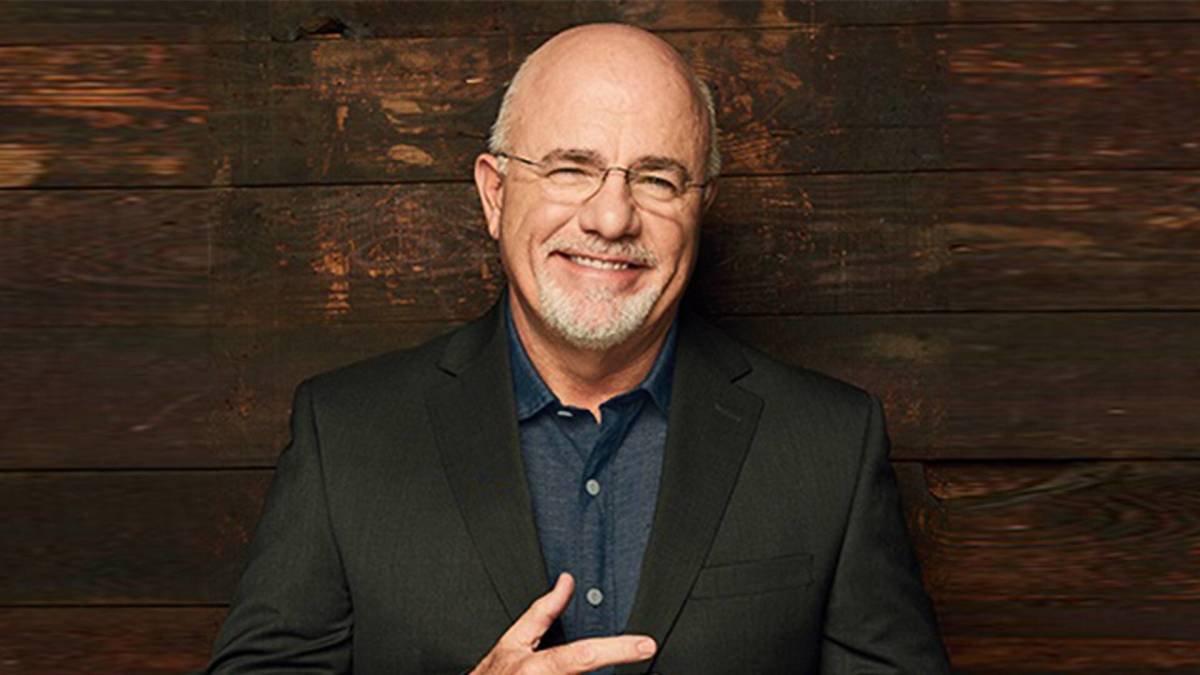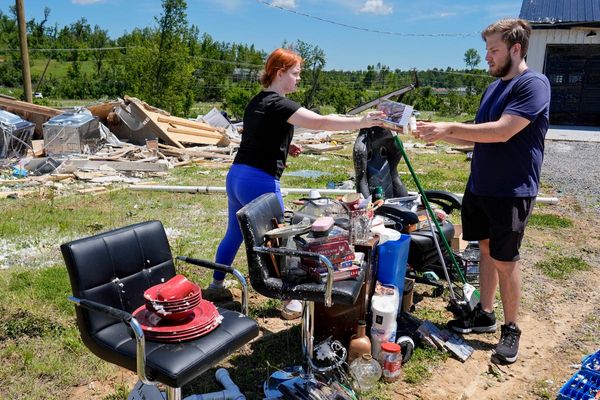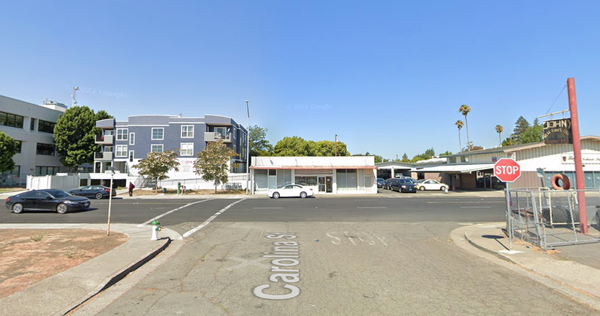
People considering buying a car are increasingly confronted with rising costs beyond the high price of the vehicle.
Bestselling personal finance author and radio host Dave Ramsey recognizes that even as gas prices are stabilizing, transportation costs include elevated prices for expenses such as mechanical work, parking spaces and highway tolls.
Related: Dave Ramsey says it's time to buy a house; mortgage rates decline
"Owning a car is more expensive than ever before," Ramsey wrote in a newsletter on Feb. 25.
As Americans' second-biggest expense (after housing), it's important for people to consider ways to manage finances around their transportation needs.
And that starts with the decision about whether to buy a car in the first place.
"Let's say the paid-for car you’re driving now is worth $15,000," Ramsey wrote. "Instead of taking out another loan to buy a new car, stick with your set of wheels a little longer. In the meantime, put your $725 car payment into a good money market account specifically to save for a car replacement. In about two years, you'll have more than $17,000 cash plus your trade-in to buy a nicer, new-to-you car without owing the bank a single penny."
Ramsey strongly advises people to buy a good used car rather than a new one, which is an investment that depreciates rapidly.
Life without a car payment and the 'spirit of saving'
Ramsey took the car payment math to another degree of depth.
"Once you learn how awesome life without a car payment is, you won't mind driving your current car a little longer while your car-replacement fund grows," he wrote. "What if you really get into the spirit of saving and add $725 a month to your fund for five years? Then — in less time than it would've taken you to pay off a new car loan — you could have $43,500 plus your trade-in to buy a new ride in cash!"
In a post on X (formerly Twitter), Ramsey mentioned a sentiment he often hears people express.
"'You'll always have a car payment. Car payments are a way of life. You're always going to have a payment, so you might as well drive a nice car,'" he wrote, recalling the frequently cited opinion.
"That is one of the biggest lies in the debt industry, but it has been packaged so well that most people believe it," Ramsey added. "Trust me, if you go through life thinking you'll always have a car payment, there will be plenty of people who will help you to always have a car payment."
Ramsey explained one way his career giving advice to people that are trying to handle their finances has caused him to view things differently than others.
"Once you've done financial coaching as long as I've done it, when you pull up at a stoplight and see a bunch of nice cars, all I see is payments," he said.

Shutterstock
Other ways to save on transportation
Ramsey offered more tips about saving money as a car owner.
For example, he encourages carpooling with coworkers and using public transportation.
And Ramsey mentions car insurance is another expense on which people frequently overspend.
"When was the last time you checked your car insurance cost? What's that you say? Never? Did you set it and forget it (minus the payments, of course)?" Ramsey asked. "Don't worry, most people do! But you could have an outdated policy — or even worse, you might be overpaying! No one has the time or funds for that mess."
"You need to talk to an independent insurance agent," he wrote. "They don't work for just one company, so they can shop around and compare policies from multiple companies to find you the right coverage at the best price."
Another suggestion Ramsey makes for people is that they get rid of any extra cars they don't really need.
Take a serious assessment of the cars parked in your garage, carport, or on the street where you live: Is there a glaring difference between how many vehicles you own versus how many you truly need?
Are you “car poor,” meaning the value of all your vehicles (anything with a motor) adds up to more than half of your annual income? Do you spend more than 10%–15% of your monthly pay on your transportation budget category? If you answered yes to any of these questions, selling off your extra set of wheels could be a big boost to your budget.
Related: Veteran fund manager picks favorite stocks for 2024







